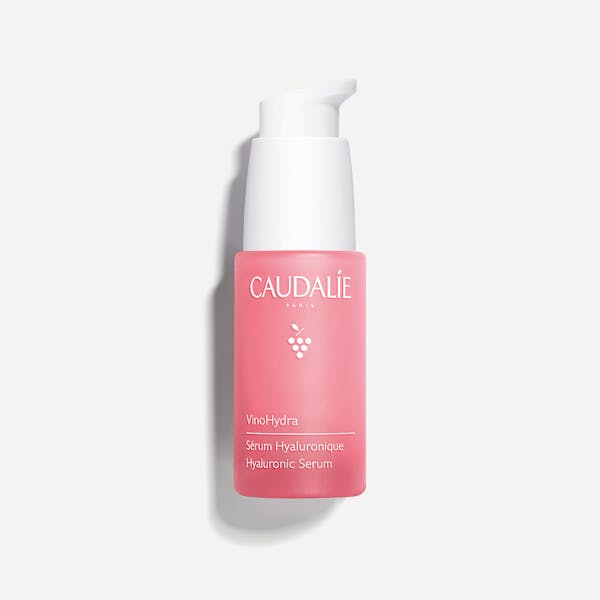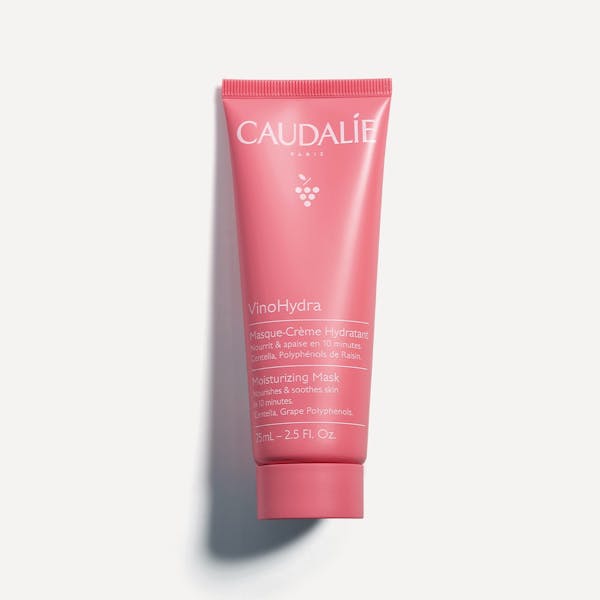A free body lotion of your choice when you spend £89, code: BALM89
Dry skin is a common issue that many people face, and it can be quite uncomfortable. If not managed properly, it can even lead to more serious skin problems. In this article, we’ll explore the ins and outs of tight skin—what causes it, the symptoms to look out for, and the best ways to treat and prevent it. With this knowledge, you’ll be well-equipped to keep your skin healthy and hydrated.
Summary
What is dry skin?
Definition and characteristics
Dry skin, also known as xerosis, is a condition characterised by a lack of adequate moisture in the skin’s outer layer. The skin may appear rough, scaly, or flaky, often accompanied by itching. Low skin moisture can affect any part of the body but is most commonly found on the arms, hands, lower legs, and face.
Common areas affected
Certain areas are more prone to dryness due to their exposure to environmental factors or frequent washing. Hands, feet, elbows, and knees are typical sites where dryness manifests. These areas often experience increased friction and less oil production, making them susceptible to becoming dry and irritated.
Causes of dry skin
Environmental Factors
Environmental factors play a significant role in drying up your skin. Cold weather, low humidity, and excessive exposure to hot showers or harsh soaps can strip the skin of its natural oils, leading to dryness. Additionally, pollution and UV radiation can damage the skin barrier, exacerbating dryness.
Internal factors and health conditions
Several internal factors and health conditions can contribute to parched, scaly skin. Age is a primary factor; as we grow older, our skin produces less oil and becomes drier. Conditions such as diabetes, ichthyosis, psoriasis, and malnutrition can also impair skin hydration. Hormonal changes, particularly in older adults, can further decrease oil production.
Lifestyle habits impacting skin hydration
Your daily habits can have a big impact on your skin’s hydration. Taking long, hot showers might feel relaxing, but they can strip away the natural oils that protect your skin, leaving it dry and irritated. Similarly, using soaps and laundry detergents with harsh chemicals can rob your skin of its moisture. Not drinking enough water or having a poor diet can also lead to dry, flaky skin. To keep your skin soft and healthy, it’s important to stay hydrated and choose gentle, skin-friendly products.
Recognizing dry skin: key symptoms
Visual signs
Xerosis often presents with visible symptoms such as redness, rough texture, scaling, and cracks. These signs indicate that the skin’s protective barrier is compromised, making it more susceptible to infections.
Sensations associated
People with dry skin frequently experience itching, tightness, and a feeling of roughness. These sensations are not only uncomfortable but can also lead to further skin damage if the itching results in scratching.
Possible complications
If left untreated, skin dryness can lead to more serious complications such as eczema, dermatitis, and infections. Persistent scratching can cause breaks in the skin, providing an entry point for bacteria and leading to infections.
Treating dry skin: effective solutions
Moisturising ingredients
To effectively treat dry skin, look for moisturisers containing ingredients like hyaluronic acid, glycerin, and petrolatum. Emollients such as lanolin and ointments provide a barrier to lock in moisture. The American Academy of Dermatology recommends using fragrance-free products to avoid further irritation.
The role of hydration in skin health
Hydration is crucial for maintaining healthy skin. Drinking ample water and using humidifiers in dry environments can help maintain skin moisture. For example dry skin can worsen rosacea symptoms, making the skin more sensitive and prone to irritation. Additionally, incorporating foods rich in omega-3 fatty acids and antioxidants can support skin health from the inside out.
Lifestyle changes to combat dry skin
Implementing lifestyle changes can significantly improve your skin health. Avoid hot showers and opt for lukewarm water. Use mild, fragrance-free soaps and apply moisturisers immediately after washing your face, hands or body to lock in moisture. Wearing gloves while doing household chores can protect your hands from harsh detergents and excessive water exposure.
The keys to an efficient skincare routine
The VinoHydra routine involves using products enriched with antioxidants from grapes to enhance skin hydration and repair. This routine targets dryness and provides nourishment, making it suitable for combating severe dryness.
Gentle cleansing: the first step
Start with the Vinohydra Moisturizing Cleansing Gel. This delicately foaming cleanser is enriched with hyaluronic acid and organic grape water, so as to helps maintain the skin’s natural moisture balance – a crucial first step for dry skin that needs a gentle touch. Look for cleansers free of harsh chemicals and fragrances to avoid stripping the skin of its natural oils.
Toning: preparing the skin
Toning helps prepare the skin for better absorption of subsequent products. Use alcohol-free toners with soothing ingredients to avoid drying out the skin.
Hydration: the core of dry skin care
Moisturisers for dry skin, such as hyaluronic acid serum, is essential for attracting and retaining moisture in the skin. Follow up with a rich moisturiser to seal in the hydration.
Sun protection: a year-round necessity
Sun protection for face is crucial, no matter the season. Even if your skin tends to be flaky or irritated, using a broad-spectrum sunscreen daily is a must. UV damage can make these issues worse, so keeping your skin shielded from the sun is key. Think of it as giving your skin a protective barrier against the elements, helping it stay healthy and comfortable all year round.
Prevention strategies
Daily habits to maintain skin hydration
Adopting daily habits such as using a humidifier, avoiding hot showers, and moisturising regularly can maintain skin hydration. Wearing protective clothing in harsh weather conditions can also prevent dryness.
Seasonal skincare adjustments
Adjust your skincare routine according to the seasons. During winter, use heavier face creams to combat the dry air, while in summer, switch to lighter lotions to avoid clogged pores and excessive sweating.
Nutrition and hydration for healthy skin
A balanced diet rich in vitamins, minerals, and healthy fats supports your overall skin health. Foods like avocados, nuts, and fish provide essential nutrients for maintaining skin moisture. Staying hydrated by drinking plenty of water is also crucial for skin health.
Experiencing skin that feels tight and uncomfortable is common, but it's definitely manageable. Understanding what causes these issues and recognising the symptoms is the first step towards effective treatment and prevention. By incorporating moisturising ingredients, making lifestyle adjustments, and following a tailored skincare routine, you can keep your skin healthy and well-hydrated. Remember to always consult a dermatologist or healthcare provider for personalised advice, especially if you experience severe or persistent skin concerns.
LATEST BEAUTY NEWS











